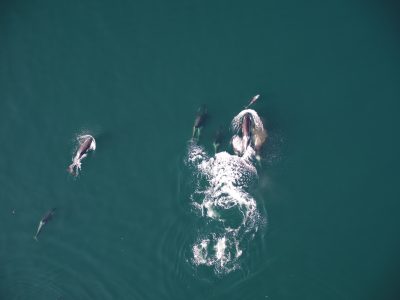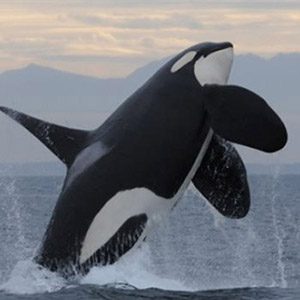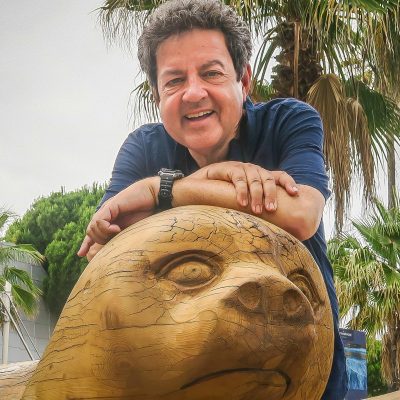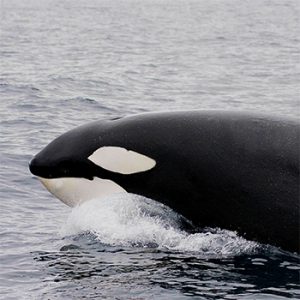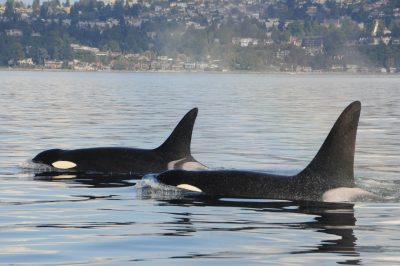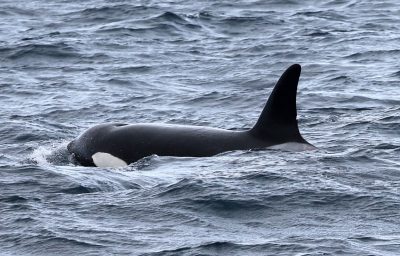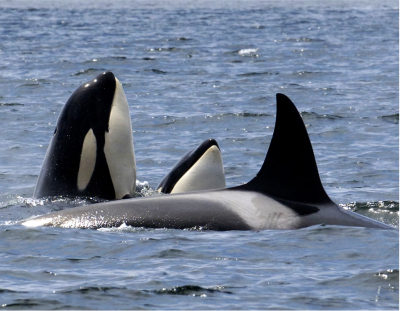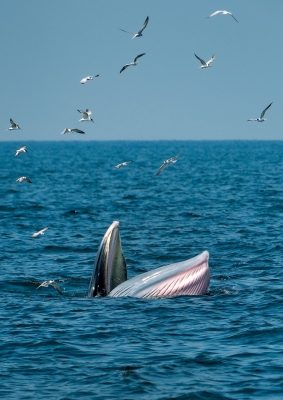Orcas and dolphins seen hunting together for the first time
Canadian researchers capture rare video of killer whales and dolphins working together to forage salmon off B.C. coast, suggesting the two species have forged a co-operative relationship
West Coast mammal-eating killer whales are two distinct communities that rarely mix
New research reveals West Coast mammal-eating killer whales form two distinct communities—inner and outer coast transients—that rarely mix, with unique diets, habitats and behaviors.
‘Forever’ chemicals found in B.C. sea otters
UBC researchers have identified eight per- and polyfluoroalkyl substances (PFAS) in B.C. sea otters.
“Ocean Idioms” to teach you about our oceans
In honour of World Ocean Day, we present OCEAN IDIOMS!
Questions about whales, seals, sea lions, or other marine mammals? Dr. Andrew Trites is your ‘go-to’ guy.
Dr. Andrew Trites has won UBC’s President’s Award for Public Education through Media.
Killer whales breathe just once between dives, study confirms
A new study has confirmed a long-held assumption: that orcas take just one breath between dives.
What could be impacting the food source of Southern Resident killer whales?
There are currently 74 Southern Resident killer whales, and this population is listed as endangered in both Canada and the U.S. The species relies on Pacific salmon (Chinook and coho) for food, however these salmon populations have been decreasing for decades.
Shark-bitten orcas in the Northeastern Pacific could be a new population of killer whale
UBC researchers believe a group of killer whales observed hunting marine mammals including sperm whales, as well as a sea turtle, in the open ocean off California and Oregon could be a new population.
Toxic chemicals found in oil spills and wildfire smoke detected in killer whales
Toxic chemicals produced from oil emissions and wildfire smoke have been found in muscle and liver samples from Southern Resident killer whales and Bigg’s killer whales.
